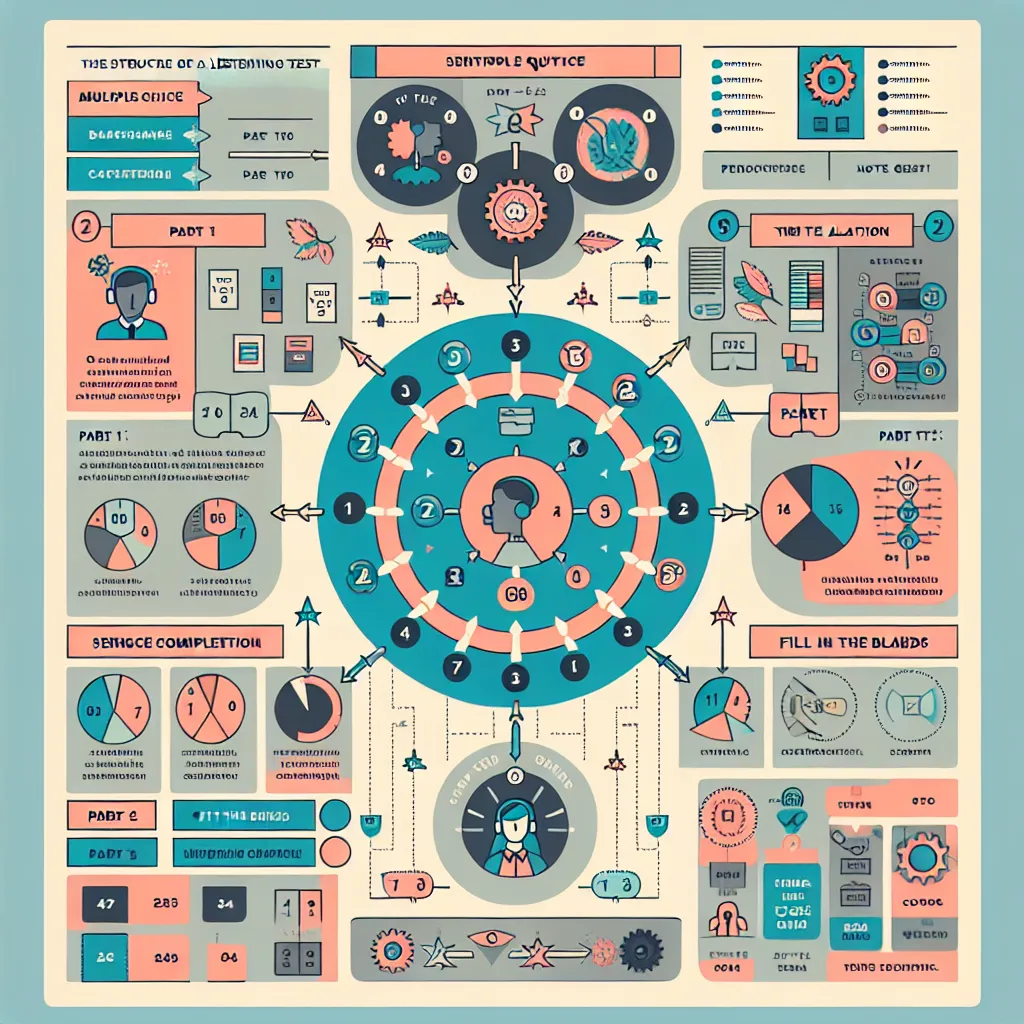Are you gearing up for a Cambridge exam and looking for the most effective ways to prepare? In today’s digital age, mobile apps have become invaluable tools for language learners. This comprehensive guide will explore the Best Apps For Cambridge Exam Preparation, helping you make informed decisions about which tools to incorporate into your study routine.
 Cambridge Exam Preparation Apps
Cambridge Exam Preparation Apps
Why Use Apps for Cambridge Exam Preparation?
Before we dive into the specific apps, let’s understand why using mobile applications can be beneficial for your Cambridge exam preparation:
- Flexibility: Apps allow you to study anytime, anywhere, making it easier to fit preparation into your busy schedule.
- Interactive learning: Many apps offer engaging exercises and quizzes that make learning more enjoyable and effective.
- Progress tracking: Most apps provide features to monitor your progress, helping you identify areas that need more attention.
- Personalized learning: Advanced apps use algorithms to adapt to your learning style and pace.
- Instant feedback: Get immediate results and explanations, allowing for quick improvement.
Top Apps for Cambridge Exam Preparation
1. Cambridge One
Cambridge One is the official app from Cambridge Assessment English, making it a must-have for any serious Cambridge exam candidate.
Key features:
- Access to official Cambridge practice tests
- Personalized study plans
- Progress tracking across all language skills
- Instant feedback on exercises
2. Duolingo
While not specifically designed for Cambridge exams, Duolingo is an excellent app for building vocabulary and grammar skills.
Key features:
- Gamified learning experience
- Adaptive technology that adjusts to your level
- Daily reminders to keep you on track
- Free with optional premium features
3. Quizlet
Quizlet is perfect for mastering vocabulary, which is crucial for all Cambridge exams.
Key features:
- Create custom flashcard sets or use pre-made ones
- Various study modes including games and tests
- Offline access to study materials
- Collaboration features for group study
4. Grammarly
While primarily a writing tool, Grammarly can significantly improve your English writing skills, which is essential for the Writing sections of Cambridge exams.
Key features:
- Real-time grammar and spelling checks
- Vocabulary enhancement suggestions
- Style and tone adjustments
- Plagiarism detector (premium version)
5. BBC Learning English
This app from the British Broadcasting Corporation offers a wealth of resources for English learners, including content specifically tailored for exam preparation.
Key features:
- Daily lessons and quizzes
- Authentic British English content
- Videos and audio clips for listening practice
- Grammar, vocabulary, and pronunciation exercises
How to Use These Apps Effectively
To maximize the benefits of these apps in your Cambridge exam preparation:
- Set a study schedule: Allocate specific times for using each app.
- Use a variety of apps: Combine different apps to cover all aspects of the exam.
- Take advantage of progress tracking: Regularly review your performance to identify areas for improvement.
- Practice consistently: Even short, daily sessions can lead to significant improvement over time.
- Complement app use with other study methods: Combine app learning with textbooks, practice tests, and speaking practice with native speakers.
Important Considerations
While apps can be incredibly helpful, keep these points in mind:
- Apps should supplement, not replace, comprehensive study materials.
- Ensure you’re familiar with the specific format of your Cambridge exam, as apps may not cover all aspects.
- Be wary of overreliance on translation features in language learning apps.
- Remember that speaking practice often requires interaction with real people, which most apps can’t fully provide.
Next Steps
After familiarizing yourself with these apps:
- Download and explore each app to see which ones suit your learning style best.
- Create a study plan incorporating your chosen apps along with other study methods.
- Take a diagnostic test to identify your strengths and weaknesses.
- Focus on improving your weak areas using targeted exercises in the apps.
- Regularly take practice tests to gauge your progress and adjust your study plan accordingly.
Remember, consistent practice and a well-rounded approach to learning are key to success in Cambridge exams. These apps can be powerful tools in your preparation arsenal, but they’re most effective when used as part of a comprehensive study strategy.
By leveraging the best apps for Cambridge exam preparation, you’re taking a significant step towards achieving your language learning goals. Stay motivated, practice regularly, and don’t hesitate to seek additional resources or support when needed. Good luck with your Cambridge exam preparation!




